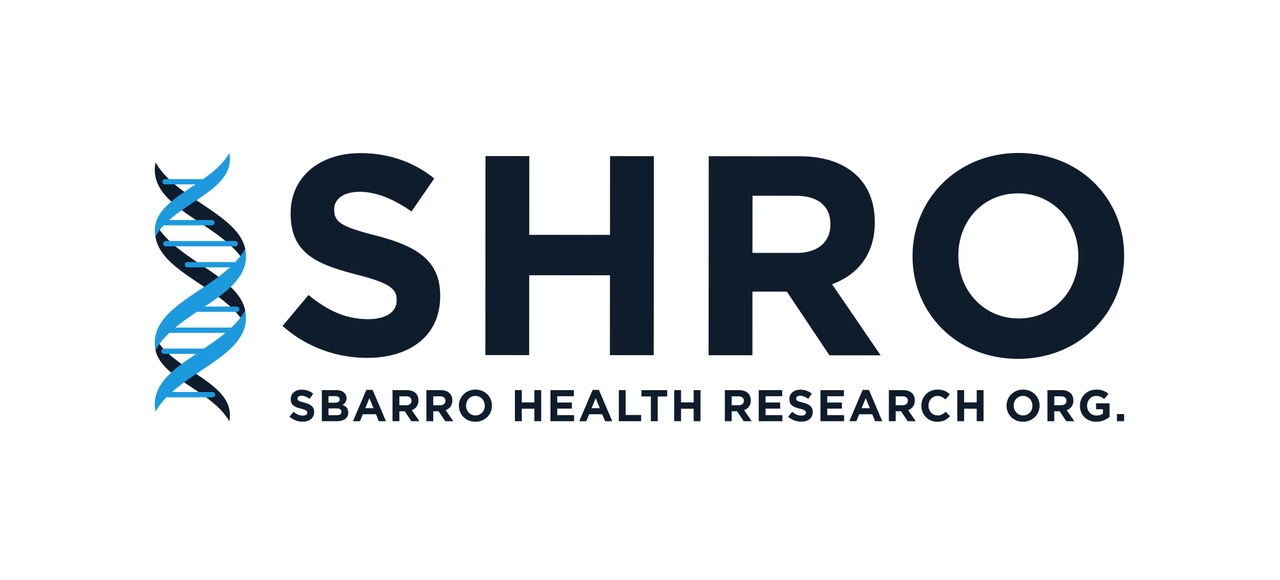Newswise — Metabolic syndrome, associated with the sedentary lifestyle and energy dense diet of Western industrialized societies, may be an indicator of breast cancer risk in post-menopausal women, according to a new study to be released at the National Italian American Foundation event, “Let’s Talk About It: A Spotlight on Women's Health” on October 22nd at the Washington Hilton in Washington, D.C.
The study was prepared by CROM (The Cancer Research Center in Mercogliano, Italy); the National Cancer Institute of Naples, Italy; and the Sbarro Health Research Organization (www.shro.org), a nonprofit cancer, cardiovascular and diabetes research institute located at Temple University in Philadelphia, PA and at the University of Siena in Siena, Italy. Lead authors of the study were Immacolata Capasso, M.D. and Emanuela Esposito, M.D. both of the Department of Senology at the National Cancer Institute of Naples and Antonio Giordano, M.D., Ph.D., Director of the Sbarro Institute for Cancer Research and Molecular Medicine at the College of Science and Technology at Temple University in Philadelphia, PA. Results of the study are online and will be published in the December issue of Cancer Biology and Therapy.
The study, which analyzed 777 patients, revealed a higher prevalence of metabolic syndrome (33%) among postmenopausal women with breast cancer when compared to healthy women (19%). In the age range of 55 to 65 years, 40 percent of the breast cancer cases presented more than three MS features. Metabolic syndrome, which has had increasing prevalence in Western industrialized nations, includes a combination of factors, including weight gain, insulin resistance, low serum high-density cholesterol, high triglycerides and high blood pressure. Post menopausal women are often affected by metabolic syndrome and show the highest incidence of breast cancer in the general female population.
“Prior studies examined the association of individual features of metabolic syndrome, such as insulin resistance or low serum high–density lipoprotein cholesterol, but few studies analyzed all of the features that characterize this syndrome in relation to breast cancer risk,” said co-author Francesca Pentimalli, Ph.D., of the CROM Cancer Research Center in Mercogliano, Italy and an assistant professor at the Sbarro Health Research Organization.
The study showed that while none of the individual features of metabolic syndrome was strong enough to be considered responsible for the onset of breast cancer, of the 210 postmenopausal patients with breast cancer, 30 percent showed association with metabolic syndrome when analyzed ‘overall’. Of this subset of patients many had three or more features of metabolic syndrome. Patients were also asked to fill out questionnaires characterizing their physical activity, food intake, tobacco use, alcohol abuse and family history of the disease.
The researchers hypothosized that the unsettling of the hormonal arrangement in postmenopausal women, along with an increase in weight gain, particularly around the central portion of the body, may favor hormone-dependent cell proliferation, which drives the inception of tumors.
“The involvement of each component of the metabolic syndrome should be further characterized, but it is likely they contribute to increased breast cancer risk in postmenopausal women by multiple interacting mechanisms,” said Dr. Giordano.
“These findings might have important clinical implications because they could be the basis for a breast cancer prevention strategy based on adjustments in lifestyle with physical activity intensification and a healthy diet.”
Sbarro Health Research Organization Center for Biotechnology Research (www.shro.org) funds the Sbarro Institute for Cancer Research and Molecular Medicine, a leading nonprofit research center for cancer, diabetes, and cardiovascular disease. Based in Philadelphia, Pennsylvania on the campus of Temple University and the University of Siena in Italy, our programs train young scientists from around the globe.
